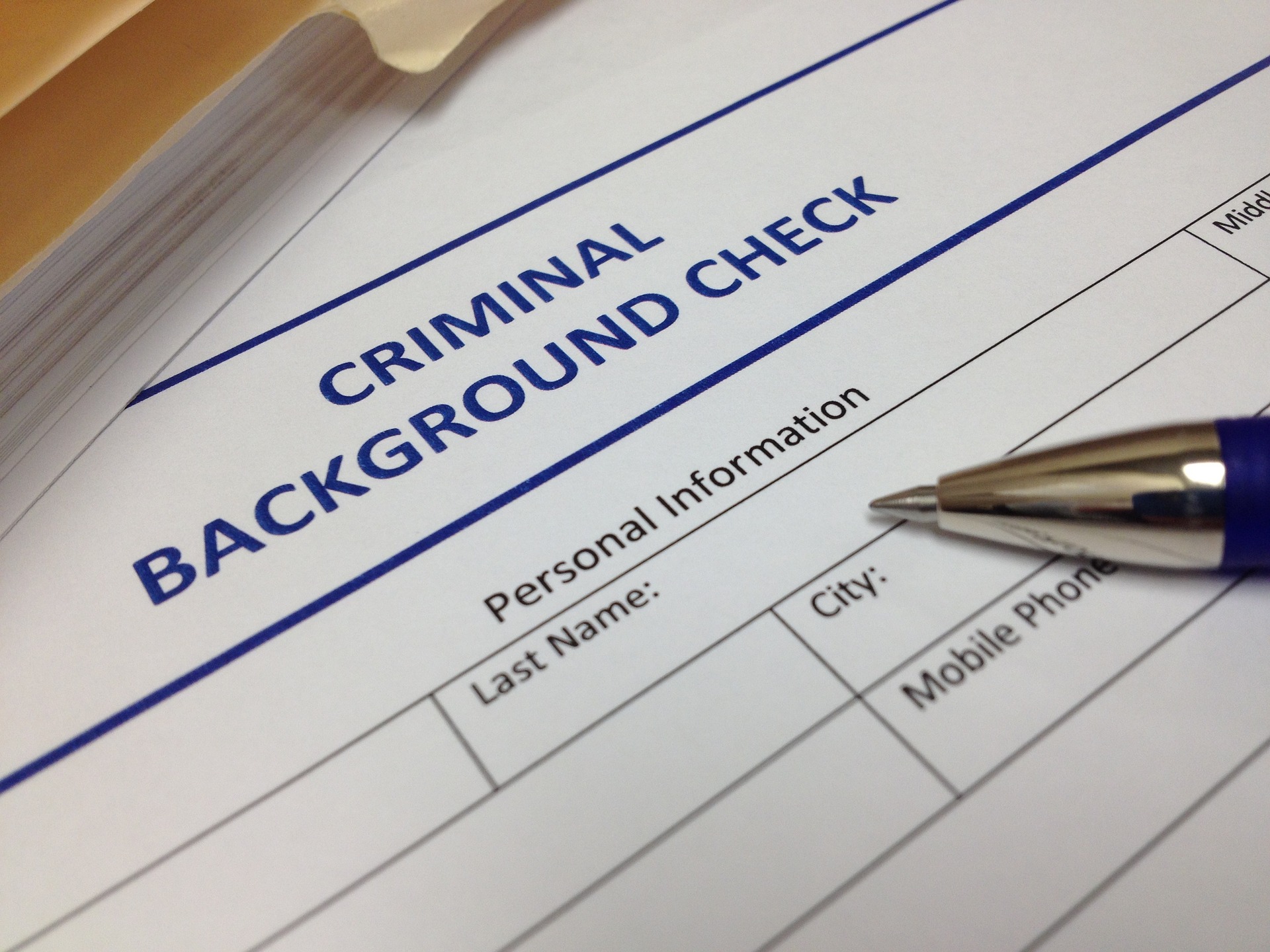The Youth Criminal Justice Act is designed to protect young people. This makes practical sense and is consistent with much of the research about adolescent brain development. Essentially, if a young person is able to stay out of trouble following their confrontation with the justice system, then they should be able to live a productive adult life without having to worry about any record having an effect on their future. Under the YCJA, Judges do not convict young people (a mistake in terminology that many counsel have made when making a foray into youth court).
Those was have been found guilty of a criminal offence as a young person, or are considering a plea or trial to a youth charge, must make sure they have a complete understanding of access periods under the YCJA. This is because if they are convicted of any offence as an adult during this “access period”, the youth record becomes a permanent adult record and is treated as a conviction. Whenever I am dealing with a young person, I make special effort to ensure they understand this somewhat confusing area of the YCJA. This discussion does not apply to discharges, reprimands, or extrajudicial sanctions (these cannot become adult records).
Access periods are calculated as follows, and is governed by s. 119(2) of the YCJA:
- For summary conviction offences, three years following the completion of the sentence.
- For indictable offences, five years following the completion of the sentence.
- A sentence is not complete until any probation order has expired. For example, if a young person is found guilty of an indictable offence and given three years probation, the access period would end five years from the date of sentencing.
- If a young person is found guilty of a subsequent offence, the access period for all findings of guilt extends to the end of the offence creating the longest access period.
- There are access periods for EJS and discharges that will not become permanent even if the young person is convicted of an adult offence within that period.
If, as I stated above, during these access periods, one is convicted of any adult offence, then the youth record essentially becomes an adult conviction and accessible to courts for life or until a pardon is obtained. Even a minor breach conviction will bring this rule into force. Consider, for example, someone has a youth record with some serious charges and then, as an adult, is convicted of a comparatively minor adult charge – the effect is the entire youth record becomes a permanent one. Counsel needs to keep this in mind when dealing with adult charges for those with YCJA records. I have, for example, successfully argued for an adult discharge to avoid the long-term effects of this provision.
As stated above, it is imperative that young people are fully apprised about access periods before dealing with their YCJA charges.
This blog post was written by Toronto Criminal Lawyer Adam Goodman. Adam can be reached at 416-477-6793 or by email at adam@aglaw.ca.



